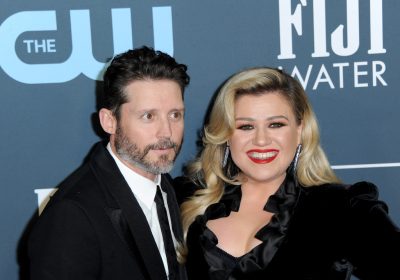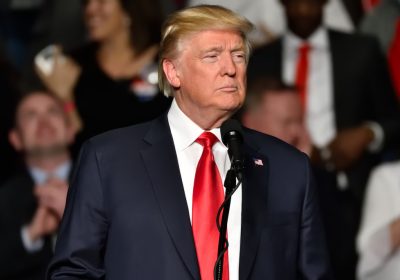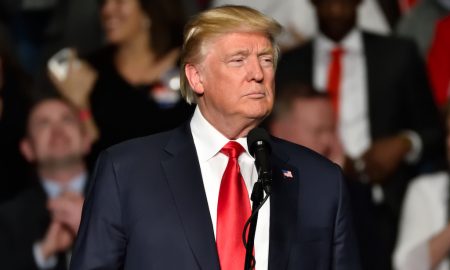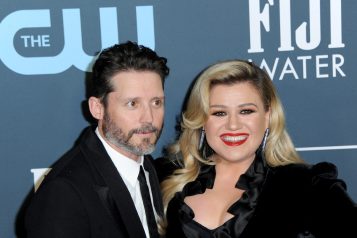Editor’s Note: Haute Lawyer Network partner and legal expert in Entertainment and Business law Keith Berglund talks about the effects of COVID-19 on the live entertainment industry among massive event cancellations.
The consequences of the COVID-19 pandemic have spread well beyond the transmission of the disease itself and the efforts to quarantine it. With stay-at-home orders in place across the country, over 40 million-plus Americans have filed for unemployment. The US Supreme Court heard its first-ever oral arguments by telephone, and nearly all live events have been indefinitely postponed or cancelled altogether. While the extent of the economic impact on the US economy is uncertain, it is clear that COVID-19 created a paradigm shift in the way many Americans and companies operate their businesses in an attempt to cope with the ongoing ramifications of the Coronavirus. One of the more unfortunate results of the pandemic is event coordinators’ handling of ticket refund requests for tickets purchased for cancelled or postponed public events.

For example, Major League Baseball (“MLB”) has refused to provide cash refunds to ticket purchasers despite indefinitely “postponing” the first eight weeks of the regular season. Ultra Music Festival (“UMF”), organizer of UMF Miami, a yearly major music event that was cancelled for 2020 due to coronavirus concerns, have not offered cash refunds and instead notified ticket holders that their tickets would be valid in 2021 or 2022. Ticketmaster, one of the world’s largest ticket vending companies in the world, initially changed its refund policy in reaction to COVID-19 to only allow cash refunds for cancelled events, but not for “indefinitely” postponed events. Those who have been affected have called this a violation of their rights as consumers. Accordingly, the MLB, UMF, Ticketmaster and other ticket vendors, including Live Nation and StubHub, are now targets of class-action lawsuits for their alleged mishandling of event refunds. While the facts of each case are unique to their respective litigations, similar issues present in each revolve around questions of whether these organizations are required to provide consumers refunds, or can they simply credit consumers for future events?
Generally, when an event is cancelled, ticket vendors are quick to issue refunds or, in the case of third-party resellers such as StubHub, offer a 120-150 percent bonus on future ticket purchases in exchange for keeping the initial purchase payment. However, by failing to provide an offer of a cash refund, ticket buyers have been involuntarily forced to bear the financial burdens caused by the ramifications of COVID 19.
To make matters worse, the contagiousness of the disease and scientific uncertainties surrounding its transmission makes recommencement of live events unpredictable. Currently, there is no uniform federal guideline on how the country is to safely reopen as the U.S. Constitution gives states wide latitude in determining issues of public health and safety. This means each State and their respective cities are tasked with the complex assignment of creating their own reopening procedures, gathering restrictions and safety protocols in an attempt to combat COVID-19. Accordingly, until such safeguards are created and stay-at-home orders lifted, countrywide event holders like MLB, UMF and Ticketmaster are unable to hold any events in the manner and method previously enjoyed and left to face the reality of serious financial losses.
While the outcomes of these litigations are uncertain, it is clear that COVID-19 has caused severe economic disruption and will likely have long-lasting effects on the live event industry. Event holders will now not only have to deal with complying with social distancing regulations but also the psychological impact of the pandemic itself. Consumers are likely to remain reluctant in purchasing tickets to attend live events due to both the virus and in part in reaction to event holders handling of ticket refund requests.
Artists (and employees/consultants affiliated therewith) are suffering great losses due to the stoppage of live concerts and the resultant loss of one of the biggest components of artist revenue, loss of the corollary merchandising revenues, and inability to tour and commercially exploit and highlight new material. Touring contracts have been revised to include force majeure provisions which incorporate pandemic and related types of causation for cancellation of events. Correspondingly, the economics of touring will change due to the increased costs associated with insurance and other items related to the “new post-pandemic world” and the logistics of crowd control and spacing still have to be determined. Given the spike in COVID 19 infections in certain regions of the country post opening of quarantine restrictions, the immediate future of concert touring is further clouded. Only time will tell the true extent of economic harm caused by COVID-19 in the concert business – but clearly the results to date have been catastrophic.
Contact us to get in touch with Keith Berglund. Visit his Haute Lawyer profile here.
See more stories at www.hauteliving.com/hautelawyer.























